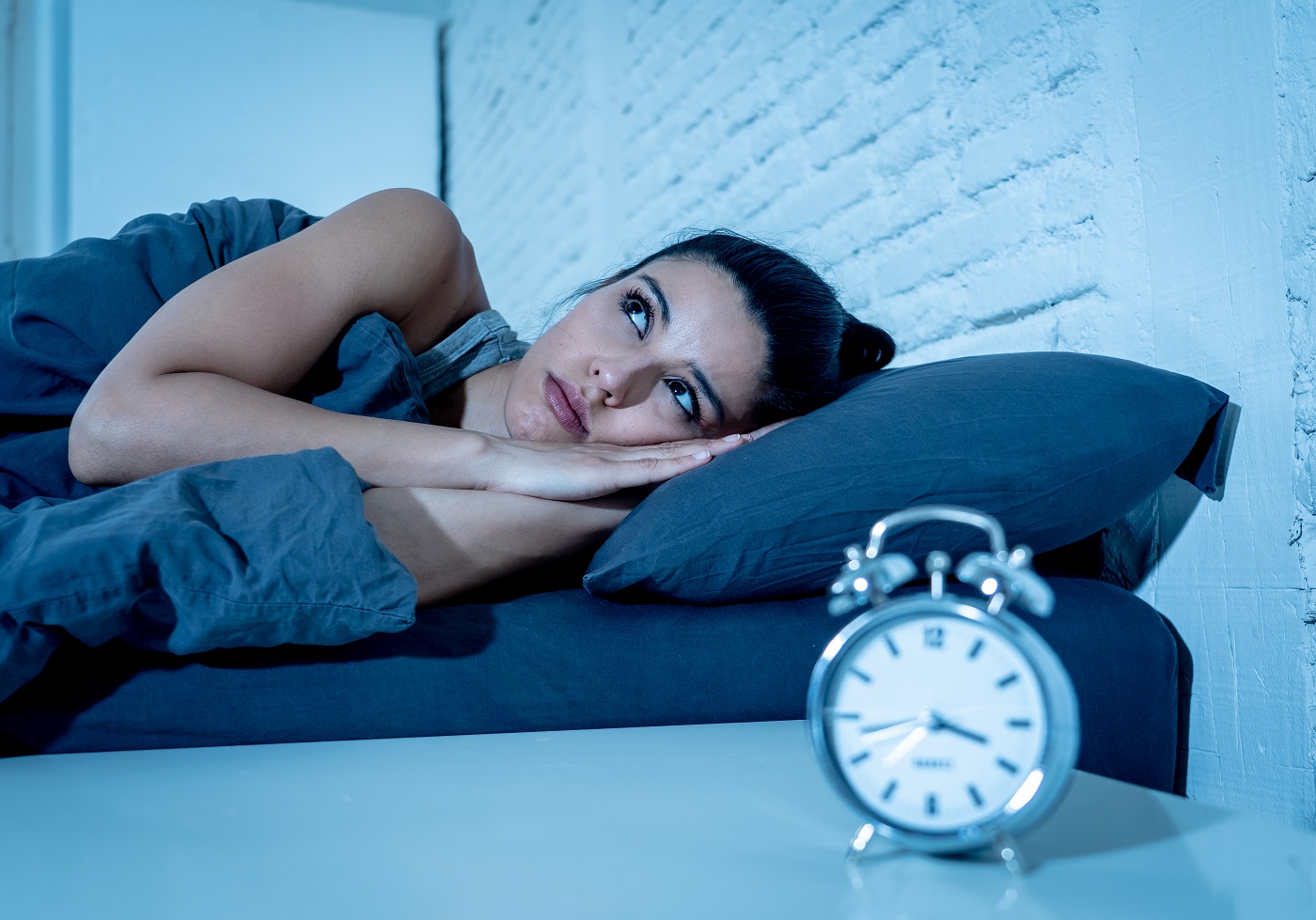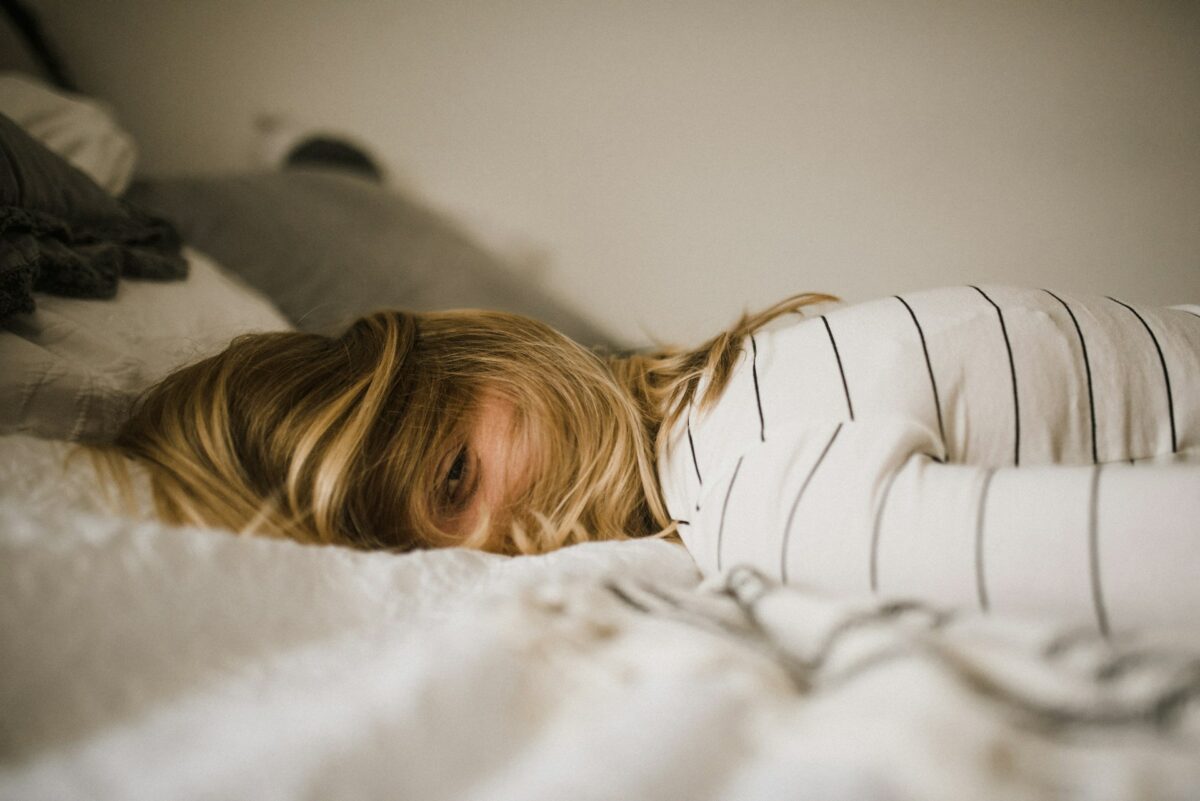When people talk about staying fit, it’s common to hear advice about eating right and exercising daily. However, these aren’t the only things you need if you want a healthy mind and body, as sleep is a critical function that facilitates emotional, mental, and physical wellness.
There are various researchers that back this claim. The director of the Sleep Disorders Center at the Northwestern University Feinberg School of Medicine in Chicago states that sleep is vital for mental functions such as alertness, mood regulation, and memory consolidation. Not only that, but it also plays a crucial role in physical fitness. That being so, poor sleeping habits may lead to illnesses such as diabetes and obesity.
Having only a few hours of shut eye paves the way for numerous emotional and physical problems. Studies show that sleep loss alters certain functions in the body, from appetite regulation to insulin resistance. Not getting enough sleep has adverse effects on the human body.
To prevent the undesirable from happening, let’s dig deeper on just how many hours of sleep an individual must have to stay healthy and well.
How Much Sleep Should You Get?
According to a journal published back in March 2015, sleep is key to your physical health and emotional vitality. However, the number of hours you need will highly depend on your age and the stage of development. This means that varying age groups require different hours of sleep.
Newborns (0 to 3 months old)
Newborns ultimately need 14 to 17 hours of sleep in a day. It’s normal for babies to sleep as much as they can. However, it’s vital to remember that they have small stomachs. They have to wake up several times a day for feeding. With that said, it’s a cause for concern if newborns sleep too much. Babies must never go longer than four hours without eating, which is why it can be worrying if a newborn sleeps more than usual.
Infants (4 to 11 months old)
Infants require 14 to 17 hours of sleep each day. It’s vital to note that babies generally sleep all day while still inside the womb. Thus, it takes some getting used to before they can stay awake for longer periods of time. This is the reason why newborns sleep more than ten hours a day. However, you’ll notice that babies spend less time sleeping as they get older.
Toddlers (1 to 2 years old)
Around this time, young kids have generally been able to adopt a proper sleeping pattern. This means that they no longer spend most of their day slumbering. However, sleep plays a critical role in physical and mental development. Hence, toddlers need at least 11 to 14 hours of sleep in a day to ensure proper growth, which includes daytime naps.
Children (3 to 12 years old)
Children generally need 9 to 13 hours of sleep. For much younger ones around the age of three to five, it’s recommended to at least get more than ten hours of sleep. However, older children in the age group of six to twelve years old can get by with just nine hours of sleep in a day.
Teens (13 to 17 years old)
Sleep fuels the brain and the body. For this reason, teenagers need to complete 8 to ten hours of sleep since their bodies are undergoing changes due to puberty. Furthermore, it’s at this stage that growth and development are accelerated. Thus, it’s vital for teens to get enough sleep to be at their best. It is also important to note that teenagers typically have a later shift in their circadian rhythm, causing them to stay up late and sleep in. Studies have shown repeatedly that this is a natural occurrence and is not laziness. Shifting school start times back by as little as 1 hour can dramatically improve performance in high school.
Young Adults (18 to 25 years old)
As we all know, this is the stage when the growth spurt stops. However, sleep is still necessary, as it allows the body to rest and recover after a strenuous day. For this reason, it’s crucial that young adults get at least 7 to 9 hours of sleep. Brain development is complete around the age of 25, and sleep is vital to allowing this to complete properly.
Adults (26 to 64 years old)
Pretty much like young adults, people aged 26 to 64 years old require 7 to 9 hours of sleep in a day. Although these individuals are no longer undergoing growth or development, they do need hours of shut eye for a healthy mind and body. Sadly, this is the period wherein people start to suffer from sleep problems, which can make it difficult to get enough sleep.
Older Adults (65 years old and above)
It can be a challenge for much older adults to get enough sleep, and it is a common myth that you do not need as much sleep when as you age. This is because most of them experience dramatic body changes, which include a decrease in a myriad of body processes and functions. Nonetheless, people in this age group need at least 7 to 8 hours of sleep, and studies have shown that if those over the age of 65 can successfully get this amount of sleep, they are healthier. This is also the time of another circadian rhythm shift, this time prompting the brain to want to go to sleep earlier and get up earlier. It is important to respect this shift and allow enough time in bed to get your full nights sleep.
Conclusion
Given all this information, it’s clear just how many hours of sleep an individual needs depending on his or her age. Remember that sleep plays a fundamental role in growth, development, and recovery. Thus, it’s important not to take it for granted.
Need help with insomnia, poor sleep or sleep apnea? Sleep Better Live Better is a sleep clinic in Vancouver committed to helping patients and clients to achieve a healthier lifestyle by providing practical and strategic sleep solutions. If you need professional intervention in addressing your sleep problems, book a consultation with us today!





